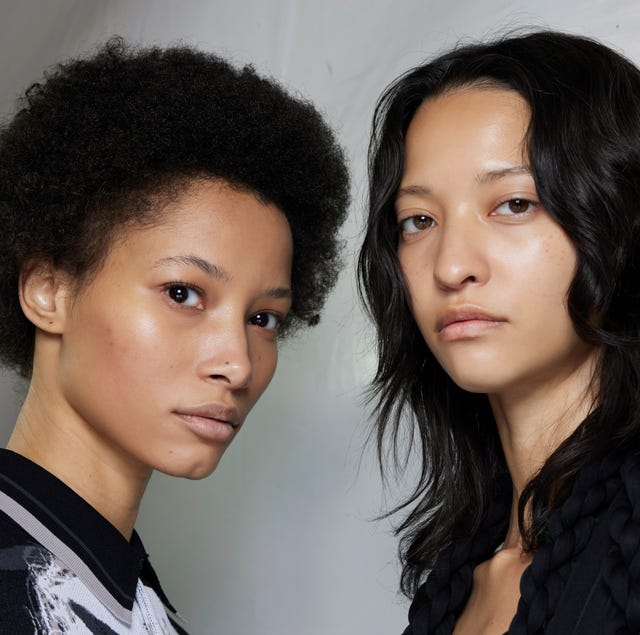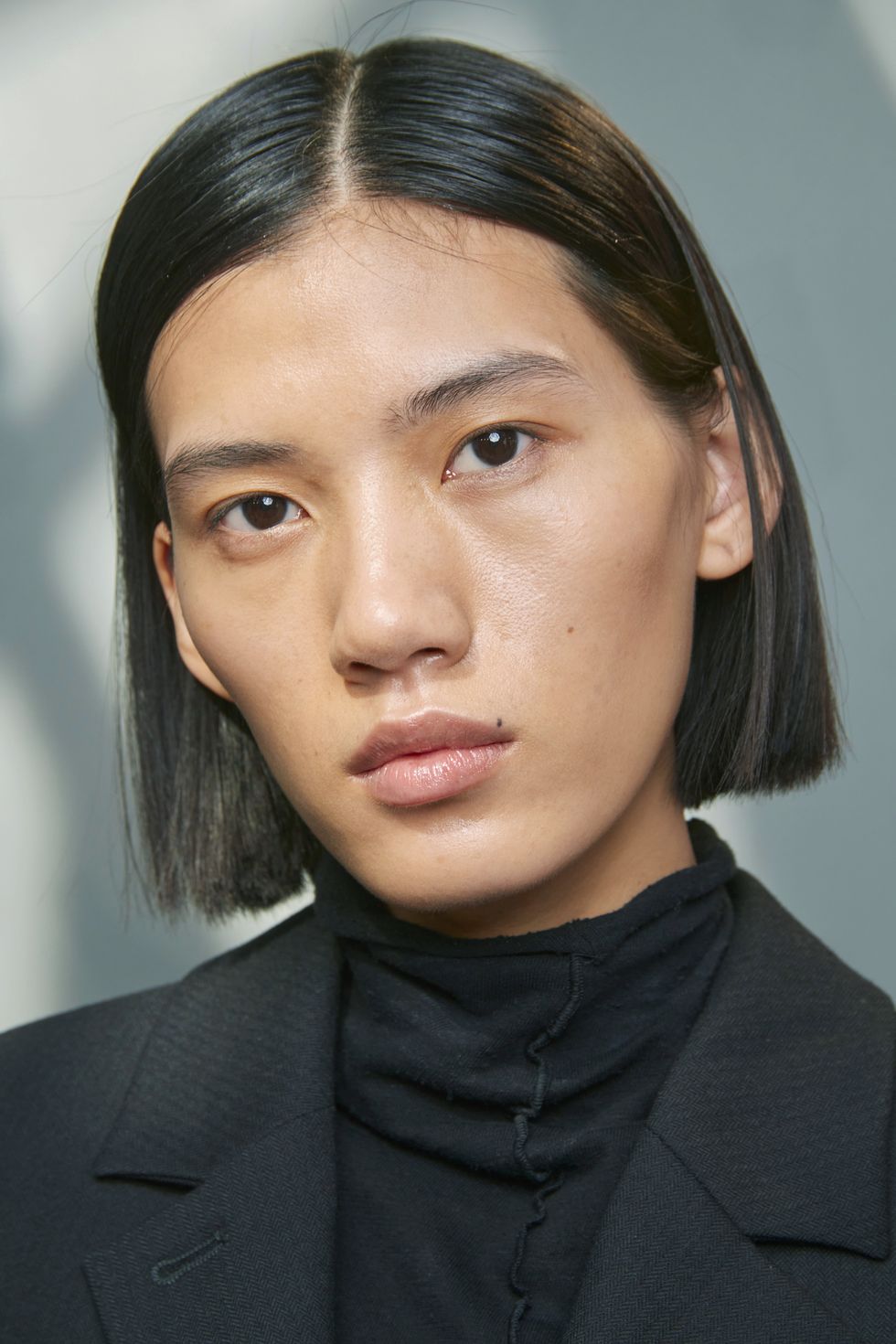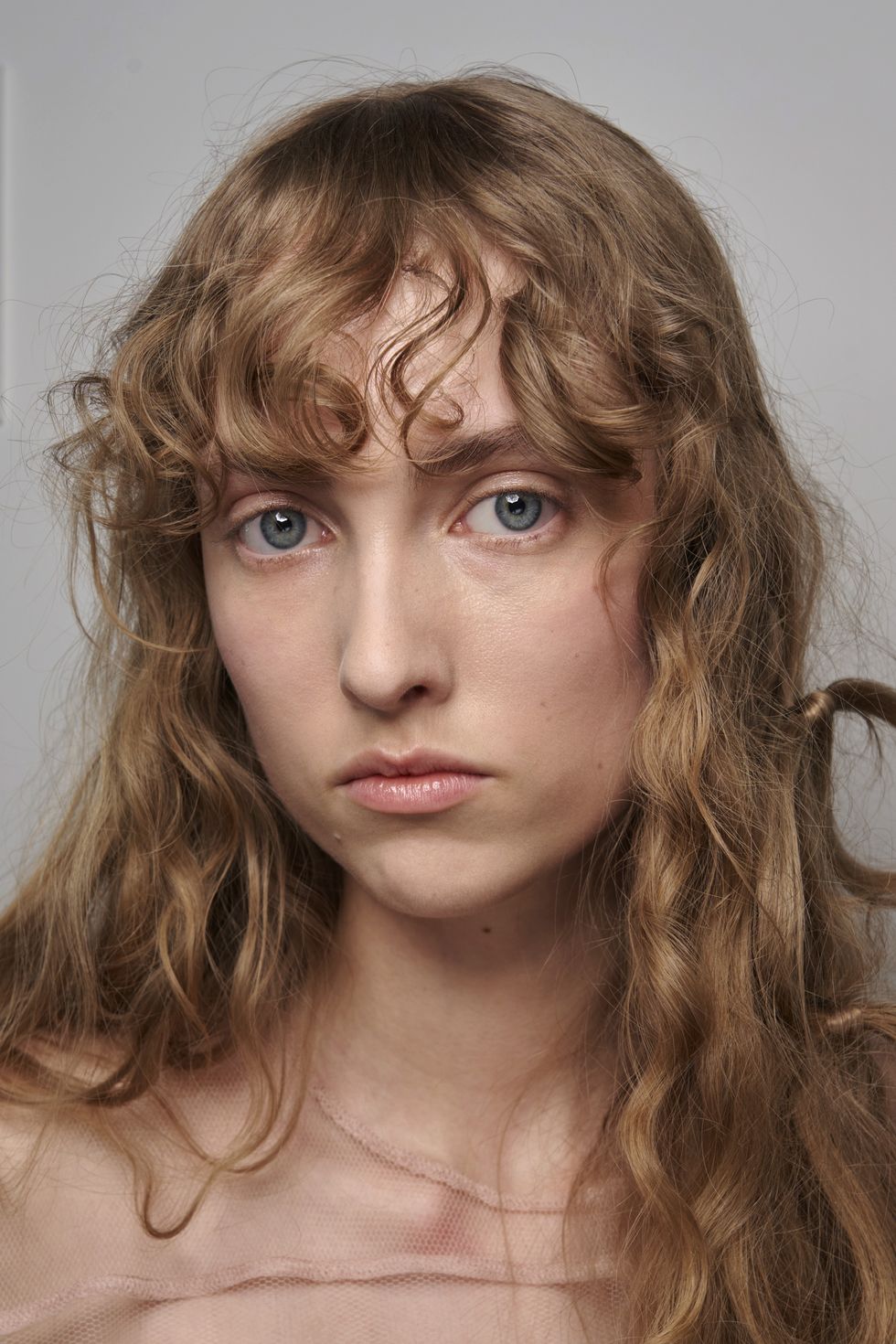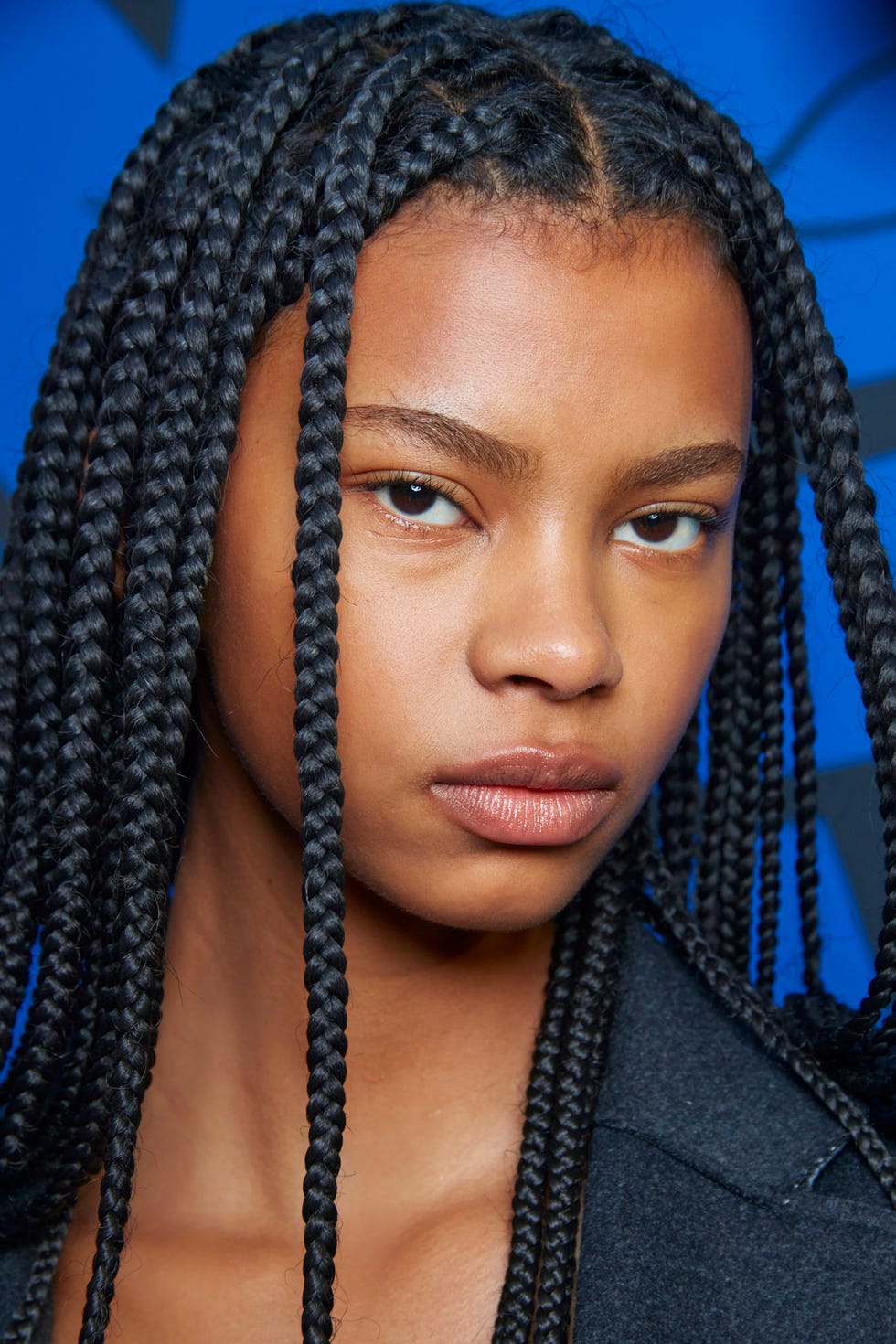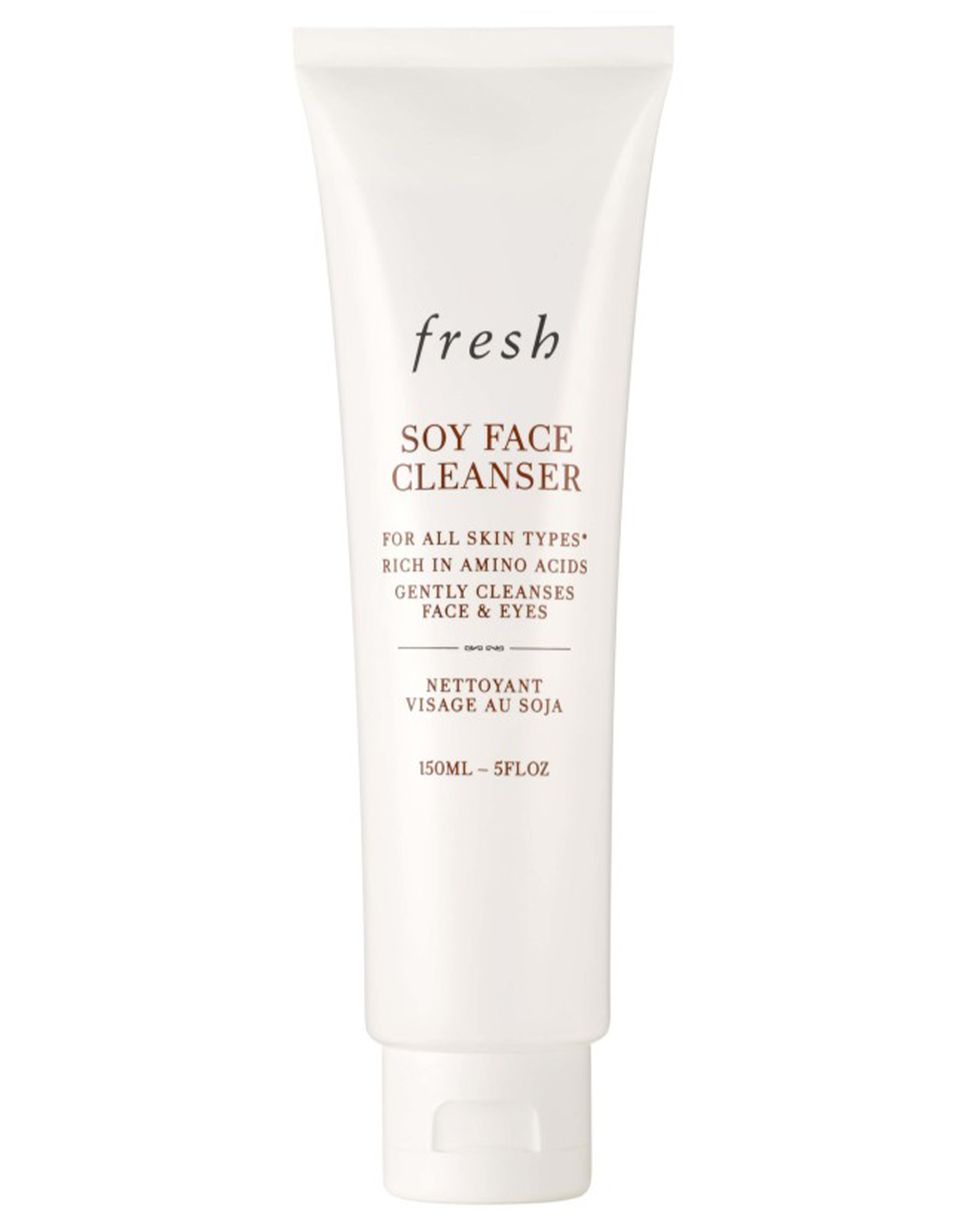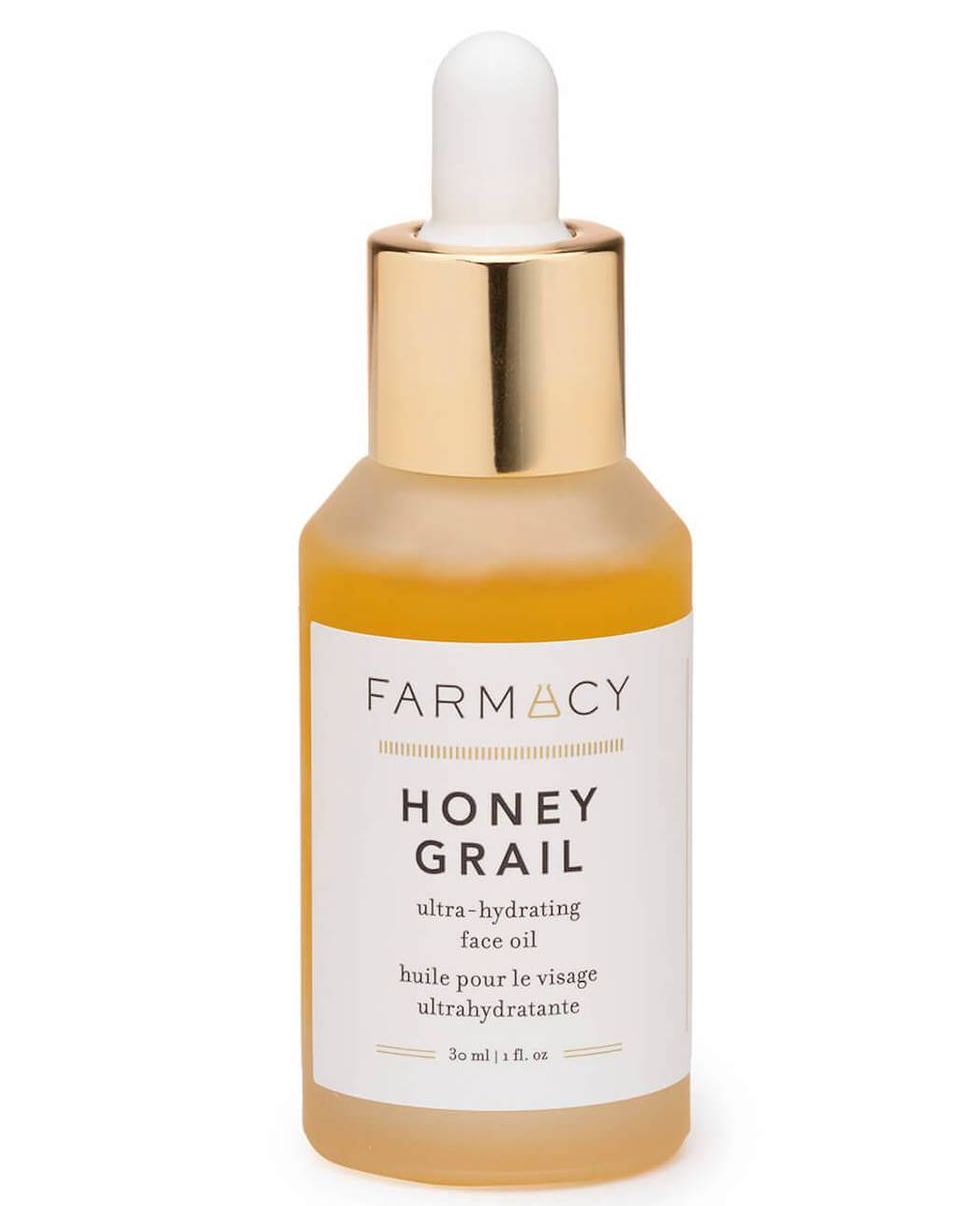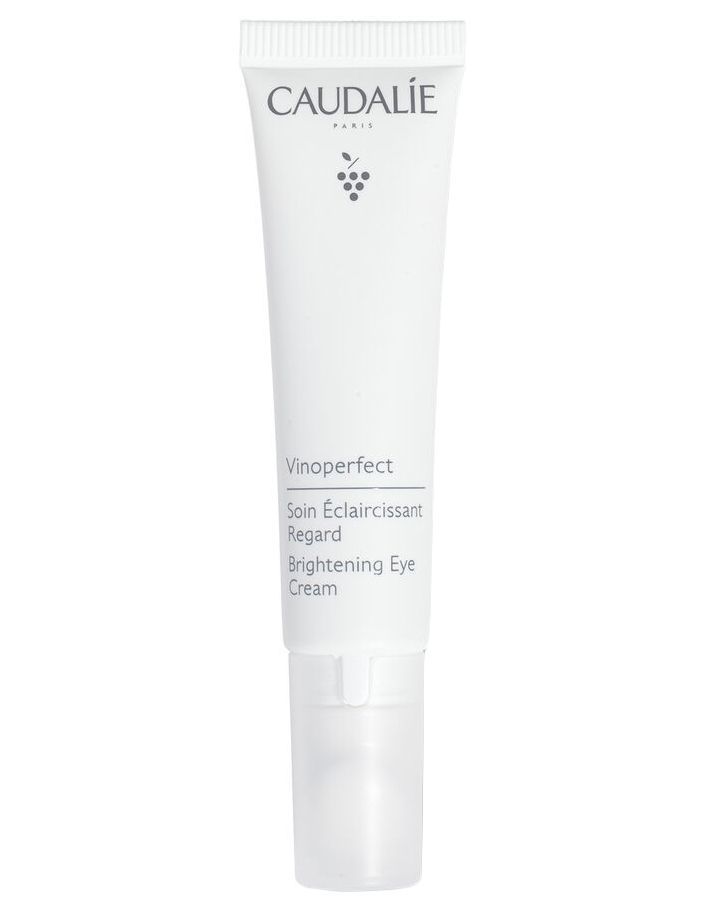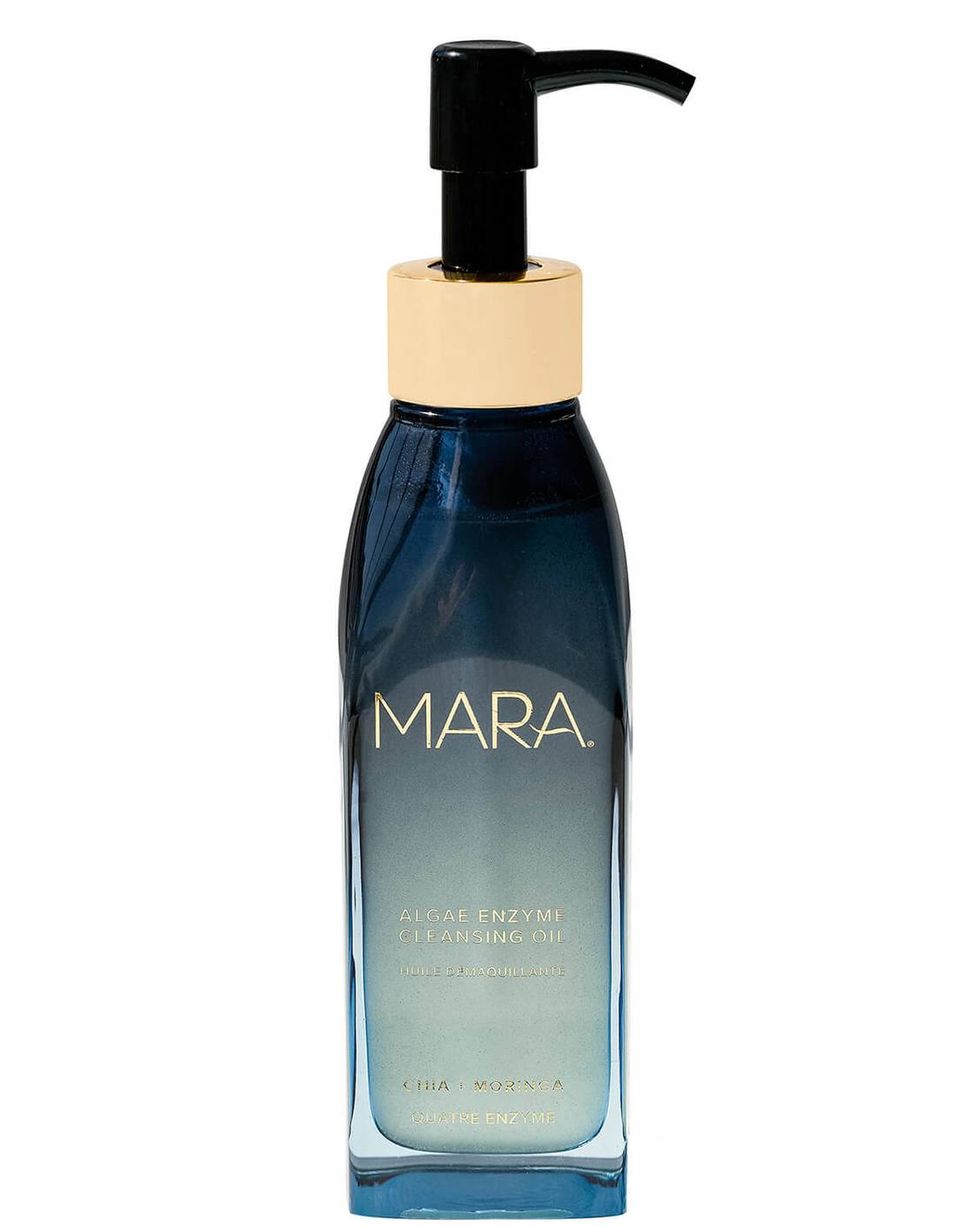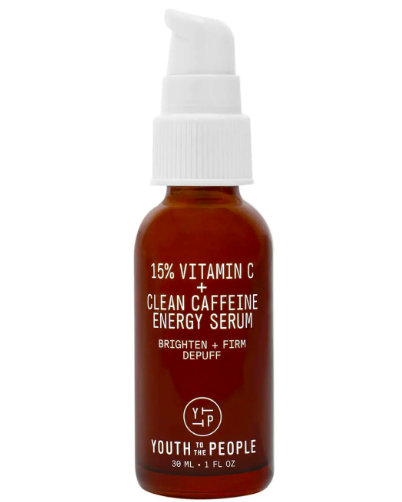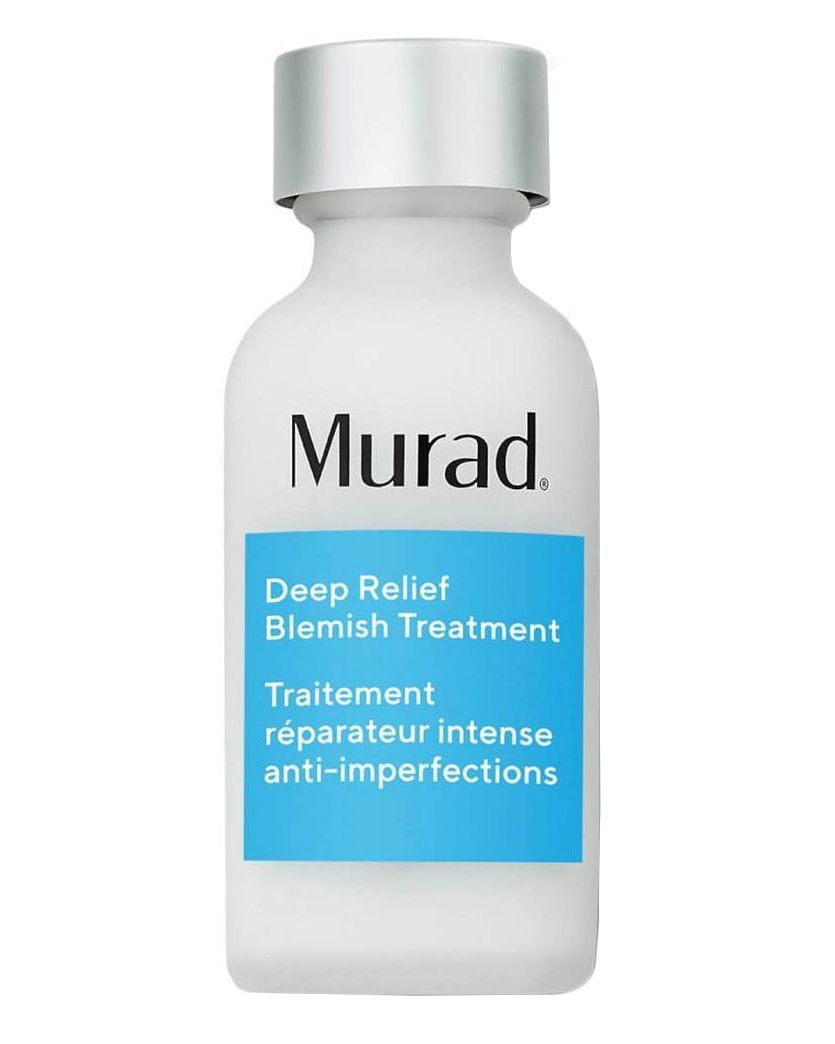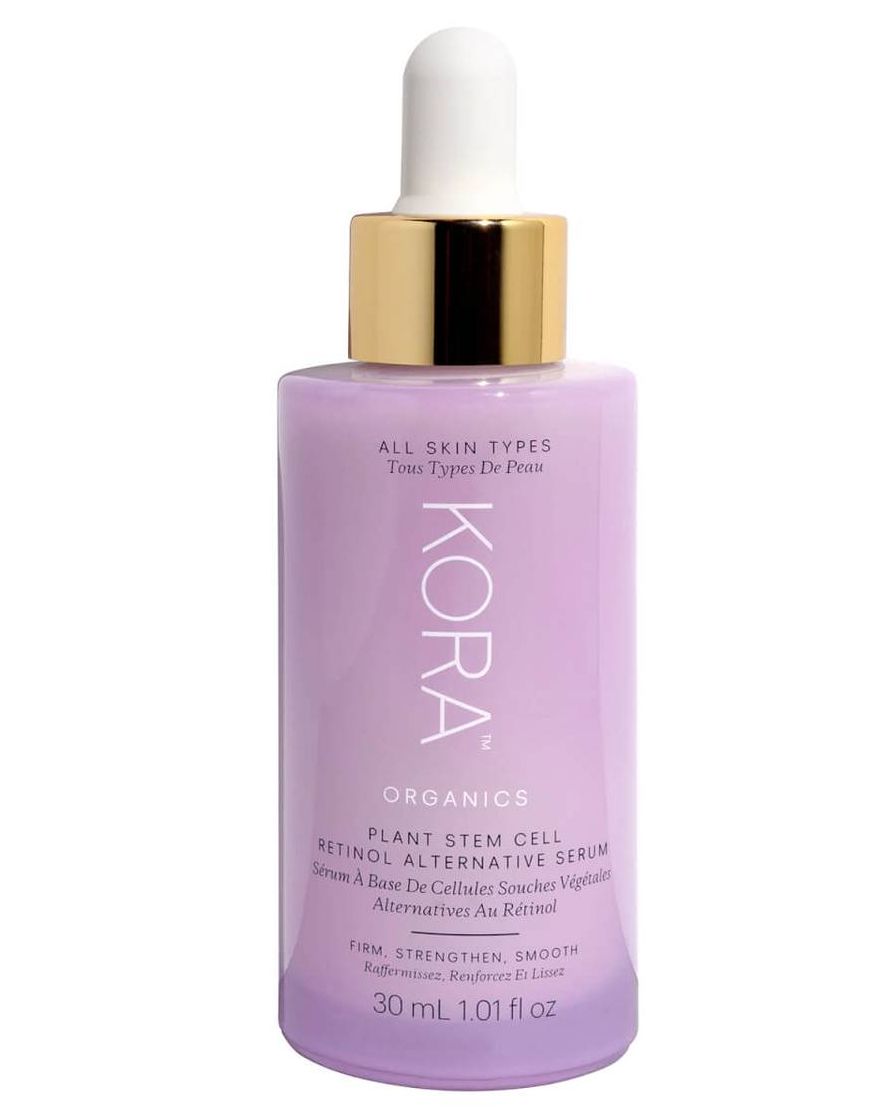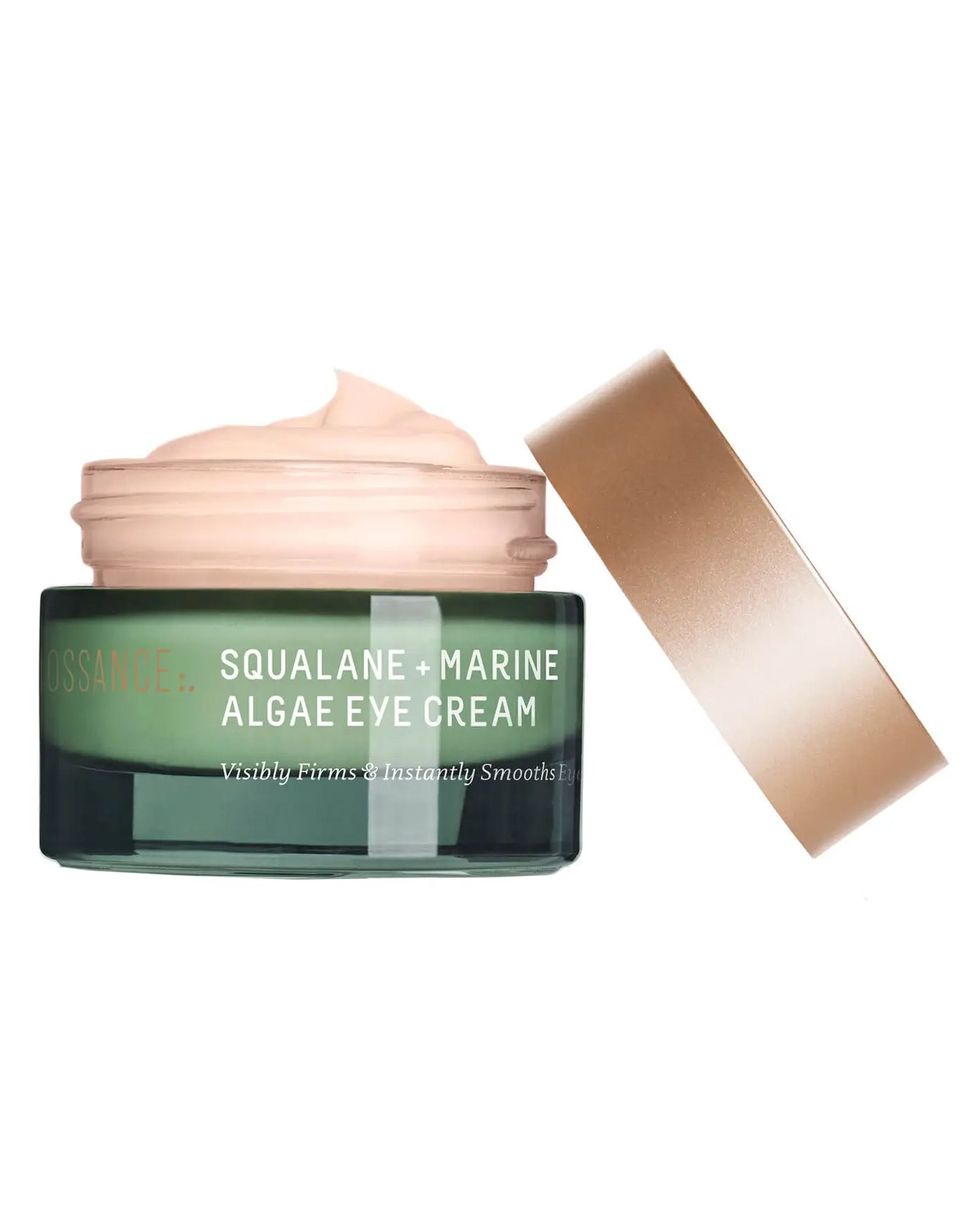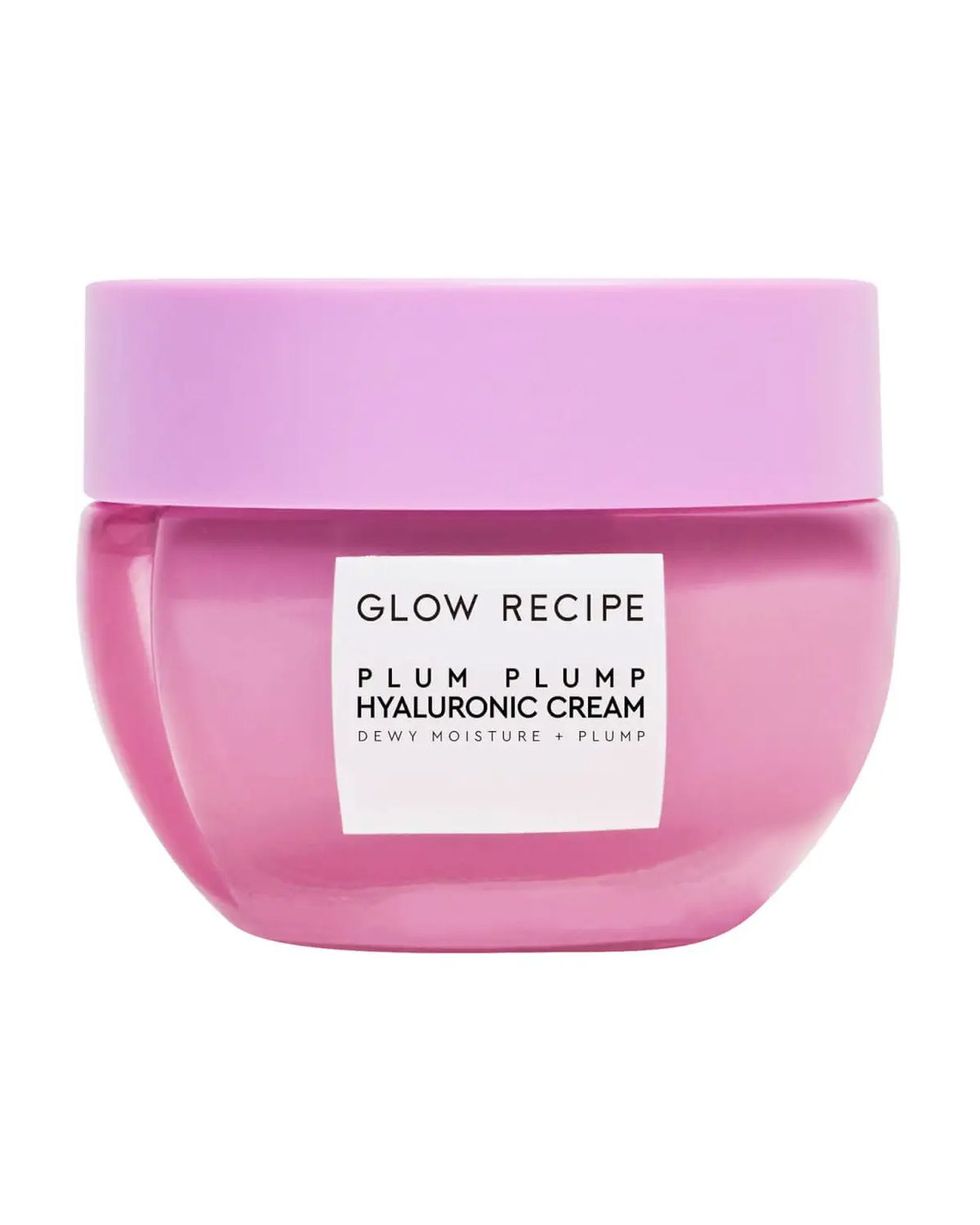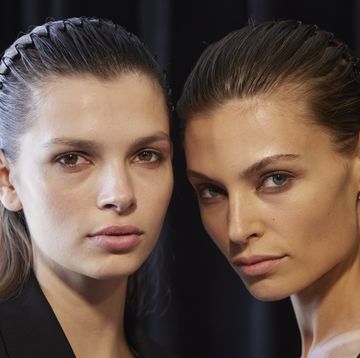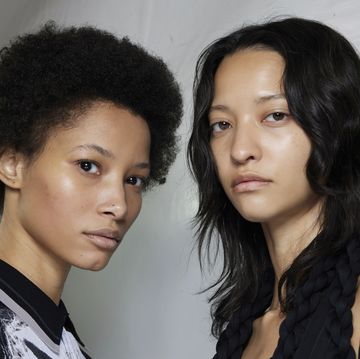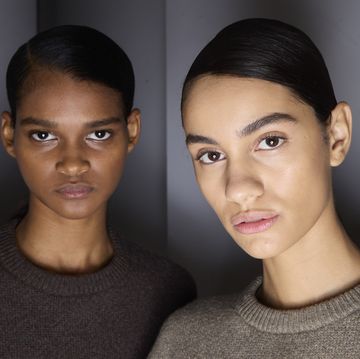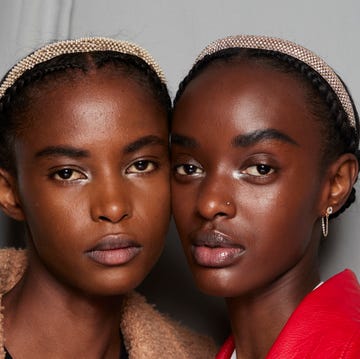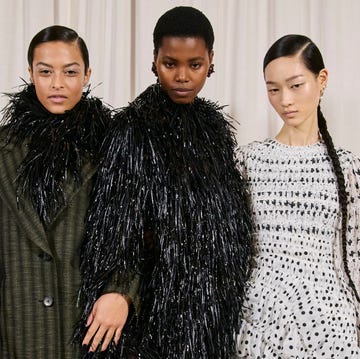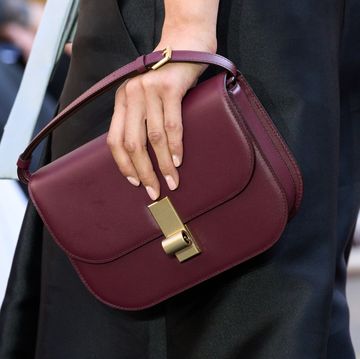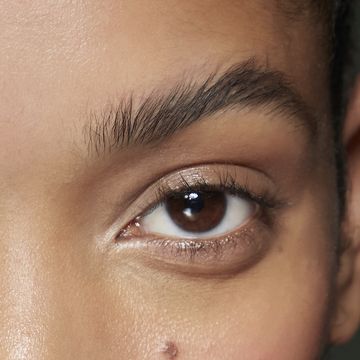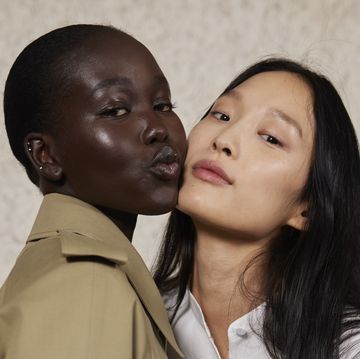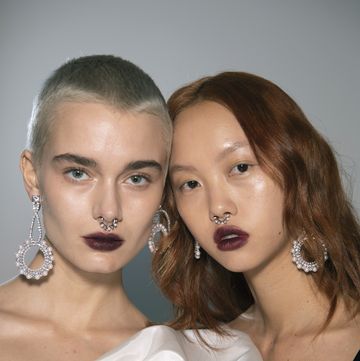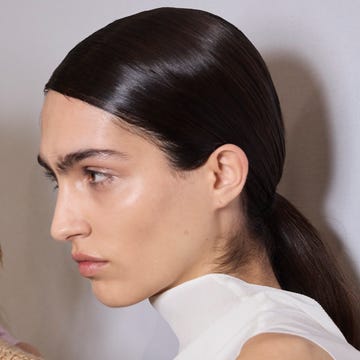Not all beauty products are good for your skin but there are certainly some that are better than others. In a world where we're increasingly aware of what we eat, it's no surprise that we're equally aware of the ingredients in our skincare and what we put on our face. But which product ingredients are good and which are bad?
You don't need to be a dermatologist to know the answer to that one. Anyone who's skincare-aware will recognise one of the biggest names on the naughty list: parabens. We're told parabens are bad for our health and our skin but what actually are they? Bacteria? Bad particles? It's a beauty myth that we've all commonly accepted without knowing much about them.
So, we caught up with the pros to find out what parabens actually are and why we should be boycotting them.
What are parabens?
Consultant Dermatologist, Dr Ophelia Veraitch says, 'Parabens are a group of preservatives that are widely used in topical pharmaceutical products. They are also used in cosmetics, skin care products, medications, foods, and industrially in oils, fats, shoe polishes, textiles and glues.'
'Despite being cheap and for the mass markets, they are also added to many luxury sector skin and cosmetic products. Parabens started to be added to products in the 1950s and they are used primarily to prolong shelf life and also to prevent growth of bacteria/ mould etc within them. In chemical terms they're a series of parahydroxybenzoates or esters of parahydroxybenzoic acid.'
Unfortunately, it's not just a case of looking for 'CONTAINS PARABENS' on the bottle.
When it comes to studying the label of your favourite serum, the names to look out for are butylparaben, methylparaben and propylparaben aka the most commonly found parabens.
Why are parabens thought to be bad for us?
According to Veraitch, 'In recent years there have been growing concerns about the use of parabens in self care products. A British study found 19 out of 20 women studied had parabens in their breast tissue. This has caused concern as it showed that the parabens in self care products don't just sit on the skin but they can be integrated and remain into our bodily tissues. From such data it has been speculated that parabens could potentially lead to cancer formation.
'There is also some evidence that parabens can mimic the effect of oestrogen, which has again in turn been linked to cancer formations and infertility. Parabens can also commonly cause skin sensitivities and allergies. The skin sensitivities and allergies occur by repeated exposure of parabens to the skin, and then the immune cells in the skin slowly but significantly mounting an immune response to when parabens subsequently come into contact with the skin.'
Why are parabens bad for the environment?
Parabens aren't just bad for humans, they impact the environment too. Dr Veraitch adds, 'Parabens are believed to cause harm to marine life, where they've been found inside sea creatures and are also believed to damage and kill coral.'
So should we stop using parabens ASAP?
Don't panic. It's important to note that the percentage of preservative in a formulation is generally very small.
Heather Wish, Education Manager for Paula's Choice Skincare, says, 'The reason there are concerns about parabens is because of research suggesting they can alter or disrupt how some biological systems work, potentially leading to health problems. The problem? The studies that use to make these alarming allegations didn’t take into consideration how parabens are used in cosmetic products. In some studies, high concentrations (up to 100%) of parabens were used. Much lower amounts, usually less than 1%, are used to preserve cosmetics.'
However, as Dr Veraitch concludes,'I would not use or recommend using skincare products that contain parabens, and the beauty industry needs to start paying more attention to what we are recommending consumers put on their skin. I love looking at ingredient lists on skincare, and it always surprises me how many skincare brands still put parabens in their products.'
The conclusion? Make an educated decision about what you put on your skin.
In short, the term 'paraben-free' isn't always the final answer.
Founder of Bouclème, Michelle Scott-Lynch warns that we should remain sceptical. 'Although it looks as though many beauty companies are responding to the public's concerns about parabens, some may be merely "greenwashing" - a term used when a "paraben-free" company markets themselves as a natural alternative, when in fact they contain other synthetic ingredients that may cause harm or irritation to the skin.'
In general, never take marketing and adverts at face value. With so much information available, it's easy to educate ourselves on the label content of our beauty products.
For an approved preservative listing, refer to ECOCERT - a certification body for the development of standards in natural and organic cosmetics.
